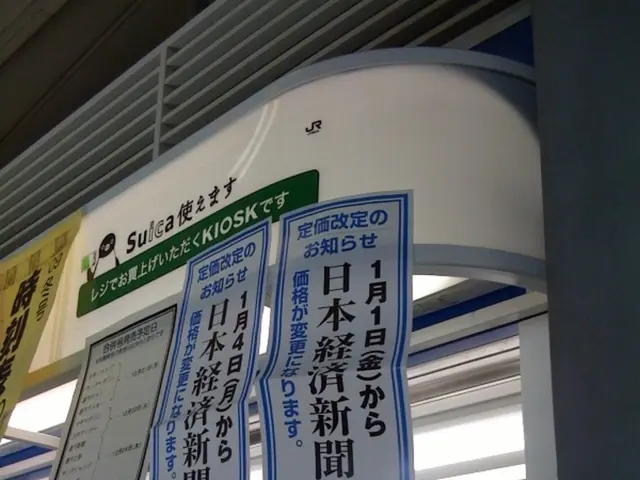Greece's Tough Action on Overcrowded Refugee Camps
Bold Moves: Closing In on Curbing Disorder
Greece commences transferring refugees to secluded detention facilities
Greece, partnering with Turkey, is taking a hardline stance on managing refugees, planning to deport 200 refugees every week. This bold move comes in light of the proposed establishment of closed-type refugee camps on five Aegean Sea islands. Notis Mitarachi, Greece's Immigration Minister, announced these developments, indicating that construction would begin by March's start and be completed by the end of summer.
Developments: Upgrading Island Camps
These camps will cater to 20,000 refugees, with a regulated entry and exit system to ensure safety and order. The refugees will be barred from leaving the camps during night hours. Such measures come after Greece experienced a surge in refugees arriving, with 2019 seeing 74,613 refugees enter, the highest since the Europe-Turkey agreement in 2016.
Drawing Heat: Public and International Criticism
Greece is no stranger to controversy regarding its treatment of refugees. Camps on the Aegean islands have been under intense scrutiny, with reports of horrible living conditions and inhumane treatment. Amnesty International and Doctors Without Borders have raised concerns about the deteriorating situation, shedding light on the dire need for urgent intervention.
Setting Sights on Humanitarian Improvements
As mass criticism swirls, Greece intends to construct new facilities to accommodate more asylum seekers. It remains to be seen if these actions will lead to genuine improvements in the humanitarian crisis or exacerbate tensions further. Watch this space as events unfold.
Insights: Closed Controlled Access Centers (CCACs) in Greece
- **Criticism}: The CCAC system in Greece has faced repeated backlash for inhumane conditions and lack of transparency, raising concerns about human rights violations.
- Lack of Basic Services: Reports consistently highlight inadequate living conditions in Greek refugee camps, with residents enduring inadequate heating, insufficient food, and limited medical services.
- Capacity Concerns: Plans to construct new CCAC facilities, such as the detention-like center in Vastria, Lesvos, suggest an expansion of capacity to accommodate more asylum seekers.
- Current Challenges: Overcrowding, systemic neglect, and questions of EU funding and accountability plague Greece's refugee management efforts, underlining the urgent need for humane and effective strategies to address this ongoing humanitarian crisis.
- Greece, in partnership with Turkey, plans to deport 200 refugees every week, a hardline stance aimed at managing refugees and closing down on curbing disorder.
- Notis Mitarachi, Greece's Immigration Minister, announced the proposed establishment of closed-type refugee camps on five Aegean Sea islands, with construction scheduled to begin by March's start and be completed by the end of summer.
- These camps will cater to 20,000 refugees, with a regulated entry and exit system to ensure safety and order, and refugees will be barred from leaving the camps during night hours.
- Greece's bold move has drawn heat from both the public and international criticism, with reports of horrible living conditions and inhumane treatment in existing camps, prompting concerns from organizations like Amnesty International and Doctors Without Borders.
- As the government intends to construct new facilities to accommodate more asylum seekers, it remains uncertain if these actions will result in genuine humanitarian improvements or exacerbate tensions.
- The Criticism centered on the Closed Controlled Access Centers (CCACs) in Greece, with persistent accusations of inhumane conditions, lack of transparency, and human rights violations.
- Reports consistently highlight inadequate living conditions in Greek refugee camps, with residents enduring inadequate heating, insufficient food, and limited medical services.
- Overcrowding, systemic neglect, questions of EU funding and accountability, and the construction of detention-like centers like the one in Vastria, Lesvos, suggest an expansion of capacity to accommodate more asylum seekers, underlining the urgent need for humane and effective strategies to address the ongoing humanitarian crisis in Greece.








